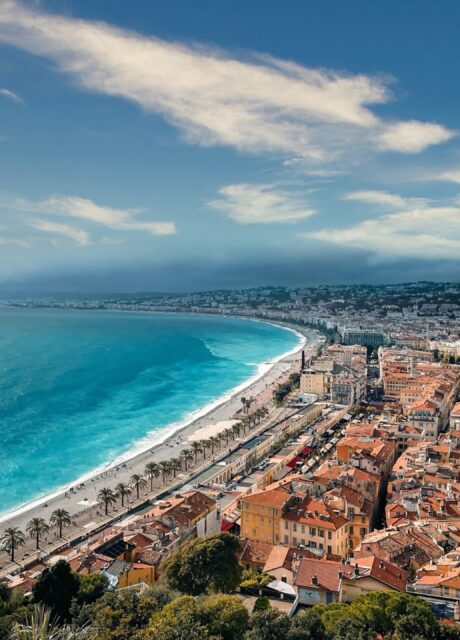The final outcome of the 2021 United Nations climate change conference (COP26) in Glasgow sees for the first-time ocean-based action integrated in the UNFCCC climate processes, but is insufficient to limit global heating to below 1.5ºC degrees, making it harder to protect the ocean, the planet and our future.
The final COP26 decision acknowledges the important role of nature as a carbon sink, and emphasises the importance to protect and restore terrestrial and marine ecosystems. It invites the UNFCCC to integrate and strengthen ocean-based actions in their mandates and workplans, and ensures that an annual “ocean-climate” dialogue will be organised. This recognition of the links between the ocean, climate and biodiversity was hard-fought by the ocean community. It helped that the US climate convoy John Kerry, a long-time supporter of ocean-climate action, joined the ranks of countries like Fiji, Chile, and many others in this push.
While the COP26 provided a major step forward for recognising the ocean’s critical role in climate, the final decision focuses on processes rather than the urgently needed action. Ocean solutions to climate change were clearly a side-show in the official negotiations, and ocean action has to be found in all pledges and commitments made in the run up to and at the COP.
For example, half of the updated national climate commitments (Nationally Determined Contributions) that countries were required to submit included new coastal and marine nature based solutions as part of climate mitigation and adaptation measures. This is good news, as long as these ocean measures will be implemented in addition to the greenhouse gas emission reduction measures that are necessary to keep warming below 1.5ºC degrees, and not as an offset for those emissions.
Developments at COP26 reaffirmed the world’s commitment to keeping warming below 1.5ºC degrees, but in line with recent IPCC reports it also identified the next ten years as a crucial period for climate action. This must focus the minds of all those involved in climate mitigation, including the maritime industries and in particular international shipping. The lack of a strategy at the UN’s International Maritime Organisation (IMO) to achieve any significant ship emission reductions before 2030 is a major problem that SAR and other environment NGO are pushing to change.
According to the Climate Action Tracker briefing, the world will still be on a path to +2.4ºC warming if all states were to fully implement their national climate commitments (Nationally Determined Contributions (NDCs)) by 2030. It foresees even in the most optimistic scenario an increase of 1.8ºC . This means the pressure on the ocean will continue to increase. Action for ocean restoration and protection of at least 30% by 2030, and reduction in other current ocean stressors including overfishing, destructive fisheries, and (micro)plastics, as well as future threats such as deep sea mining is now even more urgent.
Because we need a healthy ocean with thriving marine life. Ocean solutions to climate change can provide up to one-fifth of the necessary climate mitigation we need if we are to limit global warming to 1.5ºC. As David Attenborough said in his speech at the opening of the COP: “Nature is a key ally. Whenever we restore the wild it will recapture carbon and bring back balance to our planet.”
Posted on: 19 November 2021



